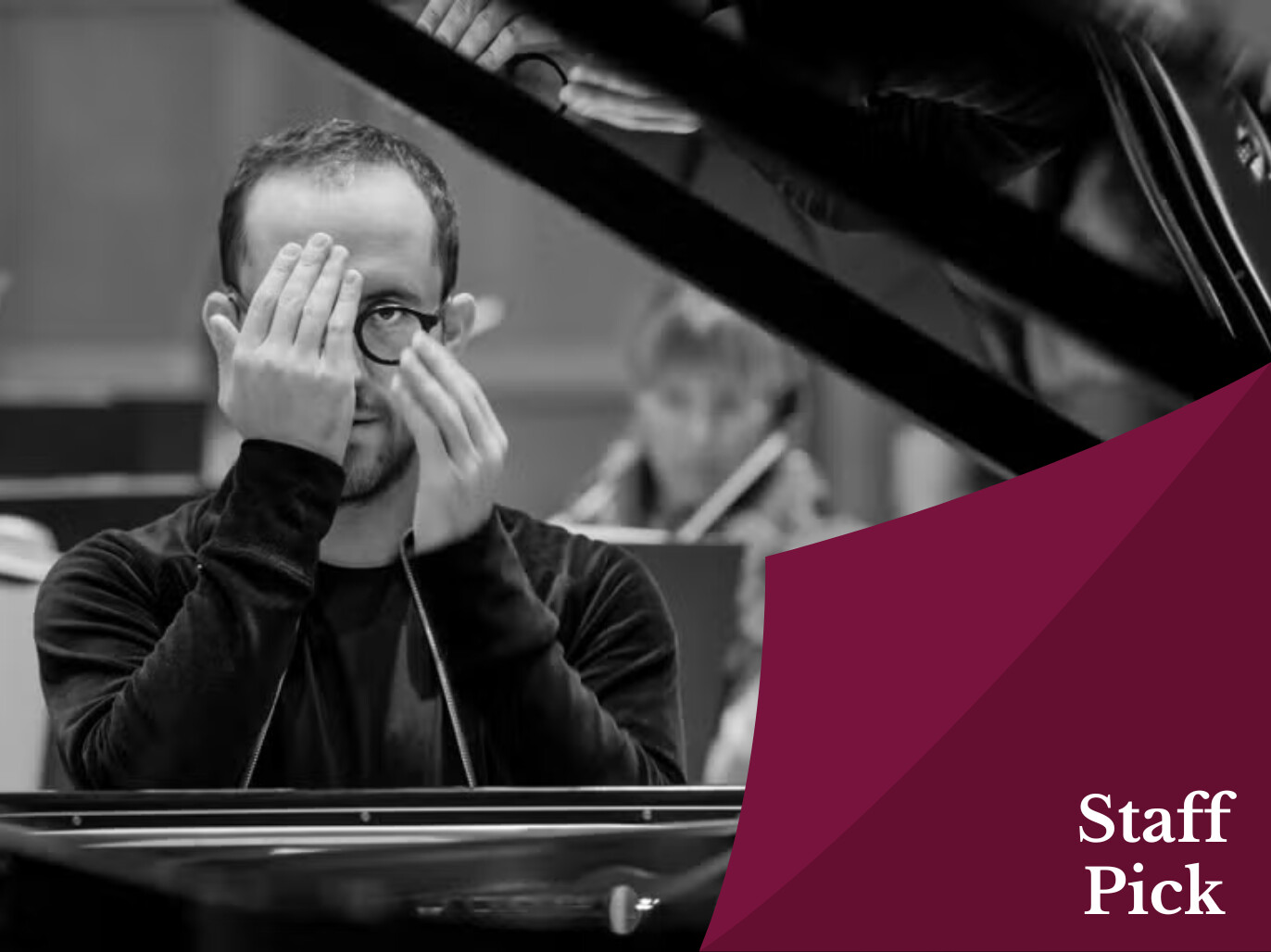After years of searching, I have finally found an icon to share my birthday with! Chuck Norris need not take offence: the icon in question is the German-Russian pianist Igor Levit. If you already know of him, you’ll know the talent with which the March-10th-born star combines impeccable technique and artistic sensitivity, allowing him to share palpable emotions with those lucky enough to see him perform live.
View author's page
Reading time estimated : 3 min
Don’t worry if you don’t know Igor Levit yet, as I have the perfect way to introduce you to this unique and accomplished artist: his performance of Mozart’s beloved Piano Concerto No. 21 in C Major at Staatskapelle Dresden’s 2023 New Year’s Eve Festive Gala at the beautiful Semperoper Dresden. Levit’s powerful yet subtle artistry elevates the famous score to new heights — yes, it is possible! He reveals the soul hidden within each note of the Andante, seemingly stroking the keys as one would a cat. In the final Allegro, his fingers dance lightly, executing even the most virtuosic passages with a disconcerting fluidity.
That said, don’t let my enthusiasm for this perfect rendition of the Mozart concerto overshadow the rest of the exceptional program. Performed in one of classical music’s most prestigious venues, the 2023 gala brings together world-class soloists — including South African soprano Golda Schultz — with the resident orchestra and maestro Tugan Sokhiev.
The acclaimed soprano sings beloved arias from the operatic repertoire and shows her stunning versatility in extracts from operas such as Johann Strauss II’s Die Fledermaus, Franz Lehár’s The Merry Widow — in which she shares the stage with baritone Iurii Samoilov — and Mozart’s The Marriage of Figaro. The latter’s “Deh, vieni, non tardar, oh gioia bella” has stuck with me ever since I was lucky enough to bump into Golda Schultz dressed as the Contessa backstage at the Verbier Festival in 2024.
The Staatskapelle Dresden is not to be outdone and delivers one of its trademark electric performances in this legendary concert that is cleverly structured into three contrasting parts, the first of which is devoted to the genius that is Mozart, followed by extracts from some of Richard Strauss’s most charming masterpieces. The final section is dedicated to operetta, rounding out with a grand, Offenbachian finale: his famous Can-Can from the “Galop infernal” of Orpheus in the Underworld!

